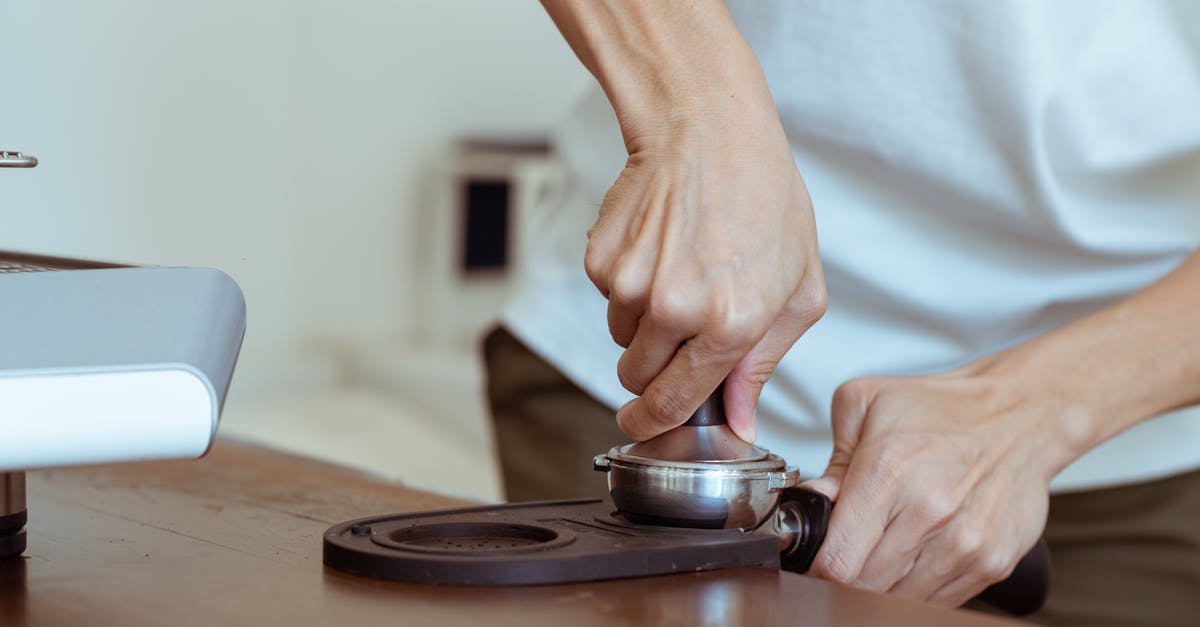Why is my freshly ground coffee watery?

In order to get a more gourmet coffee drinking experience I have recently been getting whole beans and freshly grinding them before brewing coffee using an automatic drip coffee maker. Coffee connoisseurs say that freshly ground beans are the only way to go, or so I've herad. However, the results are disappointing and the coffee is always weaker and more watery than the coffee I have been drinking for years.
For reference, I am used to Folgers coffee, or Chock full o'Nuts coffee. These two are both store-bought, pre-ground coffee and produce the results I know. It seems like I need at least 2 extra Tbsp of freshly ground beans to match the strength of pre-ground Folgers, which is counterintuitive.
I have tried three different bags of fresh beans from two sources, so I don't think the problem is the beans. I have heard that if the coffee is too old then it can be much weaker, but the most recent bag was marked that it was roasted a week prior to my getting it.
I am grinding the coffee with a Krups blade grinder and I know that a Burr grinder is more consistent and preferable, but I don't have one (and don't want to invest in one right now, especially if I'm not sure that the blade grinder is the problem)
I have tried a variety of different granularities but try to match the pre-ground as closely as possible. More fine is slightly stronger but also much, much more bitter. The last time, my ground beans looked like this:
I normally measure by both volume and by weight and there was no significant change. When measured by volume, I use the same ratio as I use for pre-ground coffee: 5/8 of a cup (10 Tbsp) to ~2.5 cups water.
I am brewing using a rather high-end Bonavita Connoisseur one-touch brewer. I have tried both "pre-infusion" mode and normal mode and the results are the same.
Is there anything I am clearly doing wrong? From what I've described, is there a reason why my freshly ground coffee is more watery than pre-ground?
Best Answer
Your grind is way too coarse. Finely ground coffee not only has more surface area exposed to let out flavor, it also forms a barrier, making the water go slower through the coffee, so you get even more flavor. A burr grinder isn't needed for a drip feed, you can get perfectly good results with a blade grinder, you just need to use it longer, and perhaps in smaller batches depending on the size of the grinder and how many cups you are trying to make.
Pictures about "Why is my freshly ground coffee watery?"



Quick Answer about "Why is my freshly ground coffee watery?"
A a fine grind will slow down the pour, so make sure you don't make a full batch, because it will overflow. Another option is to grind your coffee in the store.Why is my ground coffee so watery?
Coffee can taste watery for various reasons, such as incorrect grind size or not enough coffee for brewing. To fix watery coffee, use the right grind size and amount of grinds for your brewing method, degass your coffee beans for longer, check your coffee machine, or switch to a more intense roast.Why is fresh ground coffee weak?
The temperature of the water used during extraction is a major factor in influencing how bitter (over-cooked) or weak the coffee will taste. Weak coffee can be a result of using water that has cooled too much. The ideal coffee brewing water temperature is around 195-205 degrees or about ~30 seconds off of the boil.How can I make my coffee less watery at home?
Making iced coffee directly from hot coffee usually turns into a big watery mess, so it's best to brew some hot coffee the night before. All you have to do is pour the coffee into a heat-safe pitcher and then refrigerate it overnight. Voila!How do I know if my coffee ground is too fine?
The Relationship Between Coffee Grounds, and Over/Under Extracted CoffeeWhy does my coffee taste watery? Espresso coffee that tastes watery sucks!
More answers regarding why is my freshly ground coffee watery?
Answer 2
Your grind size is too coarse. The best course of action is to buy a decent burr coffee grinder. I say decent, because I have seen burr grinders that were worse than the blade ones, though these are very cheap.
Your blade grinder is hard to work with, because you don't have any consistency. You can only have some sort of consistency when you grind very fine, but that is too fine for drip coffee. If you don't have the budget, you can grind a little finer than for drip, and go with smaller batches.
One way to improve consistency with a blade coffee grinder is to grind to the level you showed in the picture, take out the larger bits, dump the even grounds in the filter and put back the larger bits for another round of grinding. A lot of work, if you ask me, and you will still not get the consistency of a burr grinder, but it work.
A a fine grind will slow down the pour, so make sure you don't make a full batch, because it will overflow.
This should work, but you need to adjust you recipe, because 2 spoons of fine ground coffee make a stronger coffee than 2 spoons of medium grind. You probably need to add about 20% more water per batch, when you grind finer
Another option is to grind your coffee in the store. They have great grinders, usually.
Sources: Stack Exchange - This article follows the attribution requirements of Stack Exchange and is licensed under CC BY-SA 3.0.
Images: Ketut Subiyanto, Ketut Subiyanto, Michael Burrows, Michael Burrows

